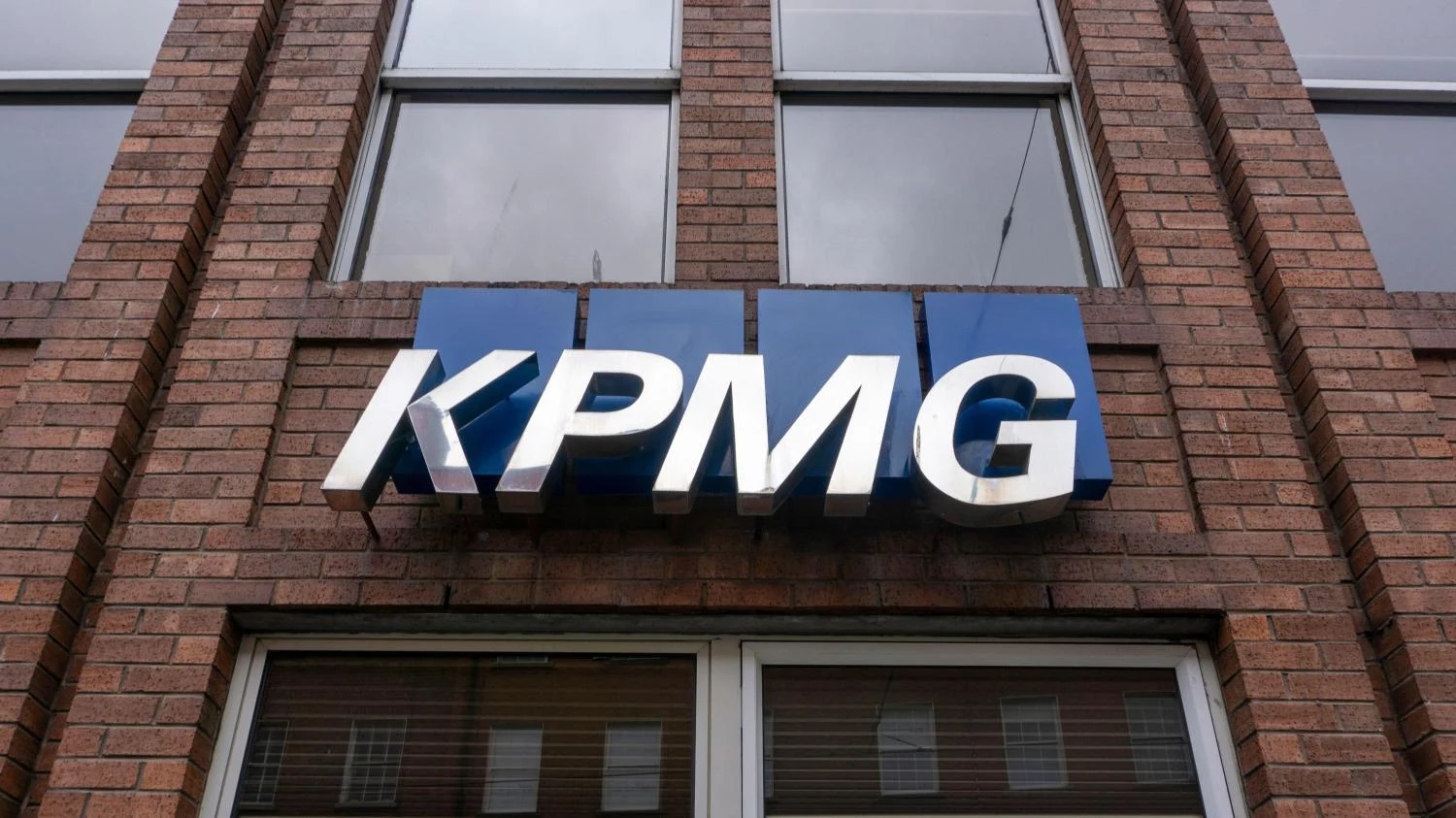
This penalty comes after the firm's US subsidiary agreed to pay a similar fine in 2019 to settle cheating charges brought by the US Securities and Exchange Commission (SEC).
The cheating at KPMG Netherlands involved hundreds of professionals and stretched from October 2017 through December 2022. During this period, personnel were allowed to take internal training tests required for maintaining professional accounting certification without adequate oversight or controls. The violations occurred despite KPMG's awareness of its $50 million settlement in the US. The misconduct primarily happened through email messages containing test contents or answers.
The PCAOB also imposed a $150,000 fine on KPMG Netherlands' former audit boss Marc Hogeboom and banned him for life from working for a firm that audits US public companies.
The findings are the latest ethics scandal to hit a Big Four accountancy firm.
KPMG Netherlands employees used various means to share test answers and took tests together. Most of the professionals involved were from the firm's Assurance practice.
The PCAOB's censure and the $25 million penalty highlight the importance of maintaining integrity in professional services. KPMG Netherlands has committed to addressing the failures, and the Dutch Authority for the Financial Markets (AFM) has placed the firm under "enhanced supervision" to prevent further ethical lapses. This case serves as a reminder that maintaining high ethical standards is crucial in the accounting and auditing industry.
In the past too, KPMG has faced several scandals over the years. In the UK, KPMG audited Carillion's books between 2014 and 2016. Despite stating that the financial statements were true and fair, Carillion collapsed in 2018 with £7 billion in debts. The Financial Reporting Council (FRC) found that KPMG had failed to adhere to basic audit concepts and uncovered an "unusually large number of breaches." KPMG was fined a record £21 million for its audit failures.
The collapse of Carillion resulted in significant job losses and affected numerous government contracts.
In an another, KPMG faced scrutiny over its audit of Rolls-Royce, the British jet engine manufacturer. Rolls-Royce had paid a £500 million settlement after bribery allegations. The FRC found that KPMG failed to report payments to Indian intermediaries during its audit. KPMG received a fine of £3.4 million, and the lead partner faced additional penalties. This case highlighted the need for auditors to exercise professional skepticism and question clients' assertions.
In 2019, the U.S. Securities and Exchange Commission (SEC) charged KPMG with illegally obtaining sneak peeks at regulators' plans to review its work. The SEC also accused KPMG auditors of cheating on training exams, calling the ethical failures "simply unacceptable. The SEC imposed a $50 million fine on KPMG for these violations.
Last year, KPMG faced allegations of overcharging taxpayers while contracted by the Australian Department of Defence. Whistleblowers claimed that the firm submitted inflated invoices and billed for hours never worked. This scandal raised concerns about transparency and accountability in government contracts.
These scandals underscore the importance of maintaining ethical standards and rigorous auditing practices in the professional services industry. KPMG has taken steps to address these issues, but they serve as cautionary tales for auditors worldwide.
Other Big Fours
Cheating on internal exams has been a repeated problem across the Big Four accounting firms. The PCAOB also took action against Deloitte entities. Imelda & Raken (Deloitte Indonesia) was found guilty of widespread answer sharing on internal training tests.Navarro Amper & Co. (Deloitte Philippines) was implicated in answer sharing practices dating back to 2017. Deloitte's answer sharing was similar to the KPMG case, involving internal training exams.
In 2022, EY paid a $100mn fine for cheating by hundreds of its staff in the US and failing to quickly admit the matter to its regulator.
PCAOB Chair Erica Y. Williams condemned the unethical behavior and emphasized the importance of enforcing a culture of honesty and integrity.
The growth and breadth of exam cheating revealed an inappropriate tone at the top and a failure by firm leadership to promote an ethical culture worthy of investors' trust⁴.
These actions demonstrate the regulatory bodies' commitment to maintaining integrity and accountability within the audit industry. It's essential for firms to uphold ethical standards and prevent such misconduct in the future.
Advertisements
